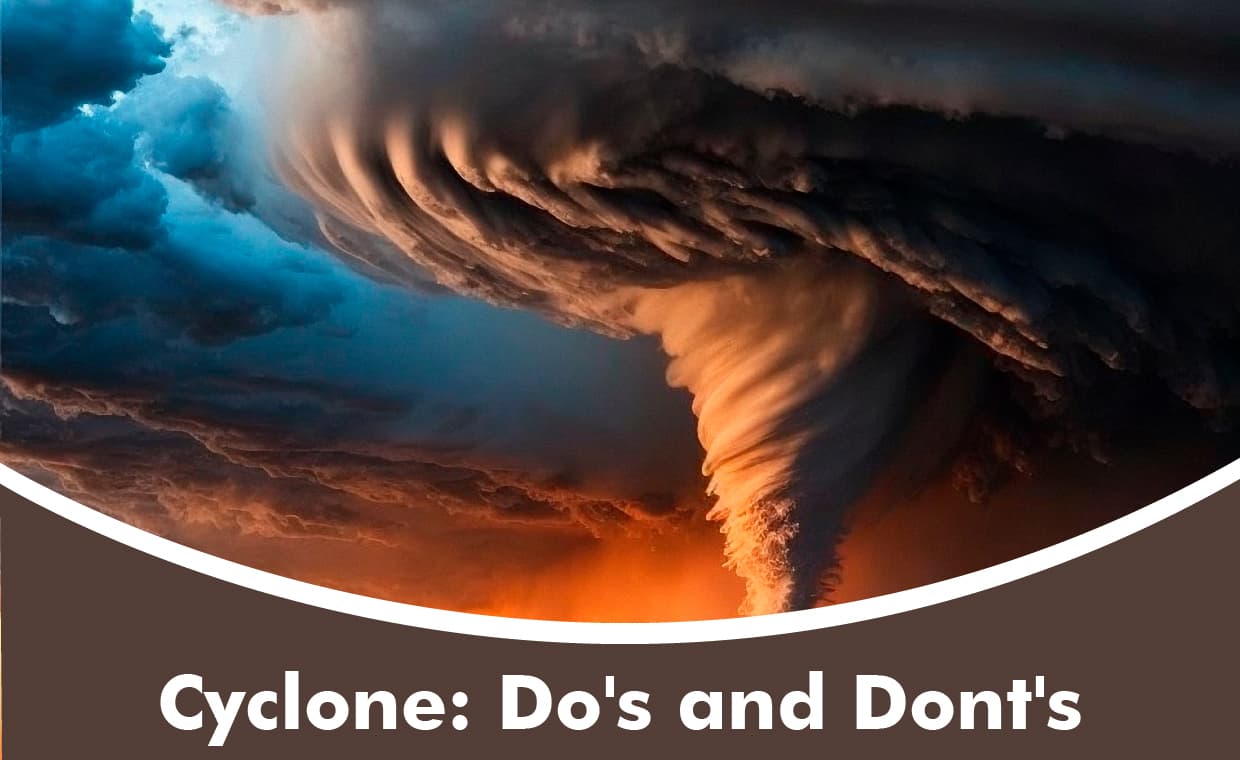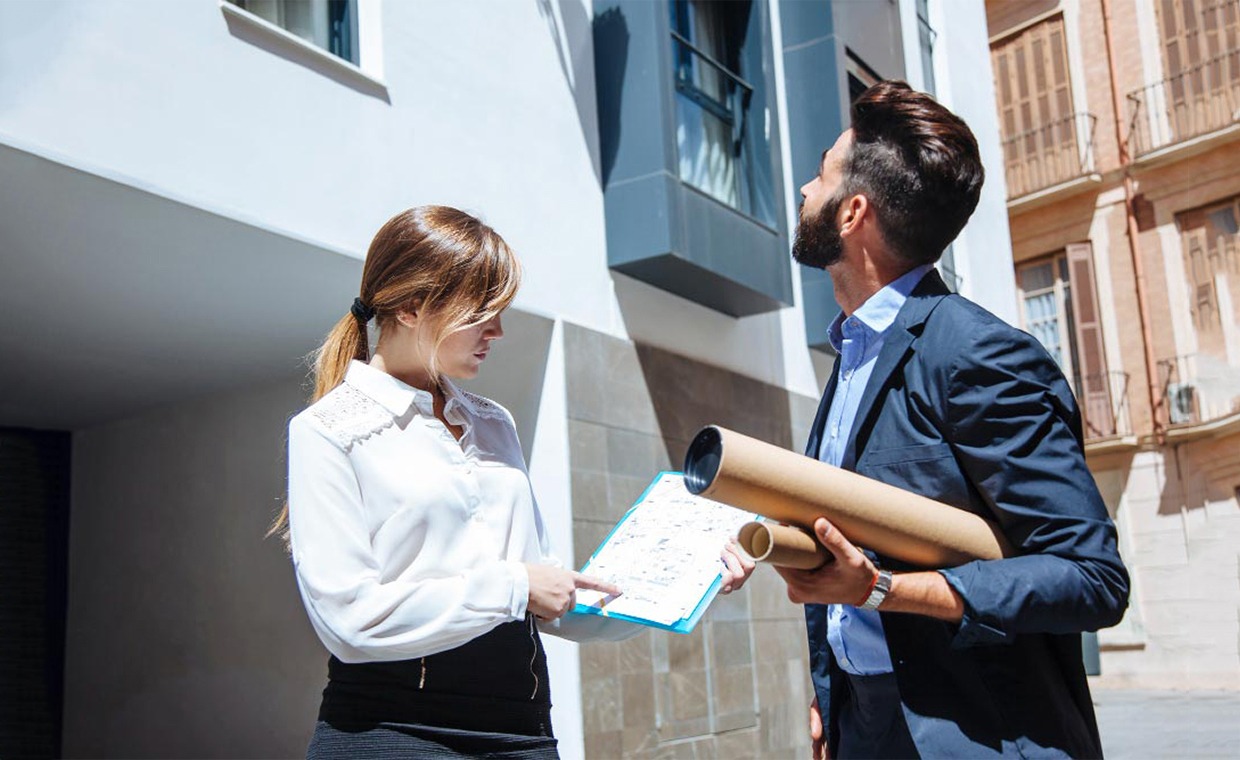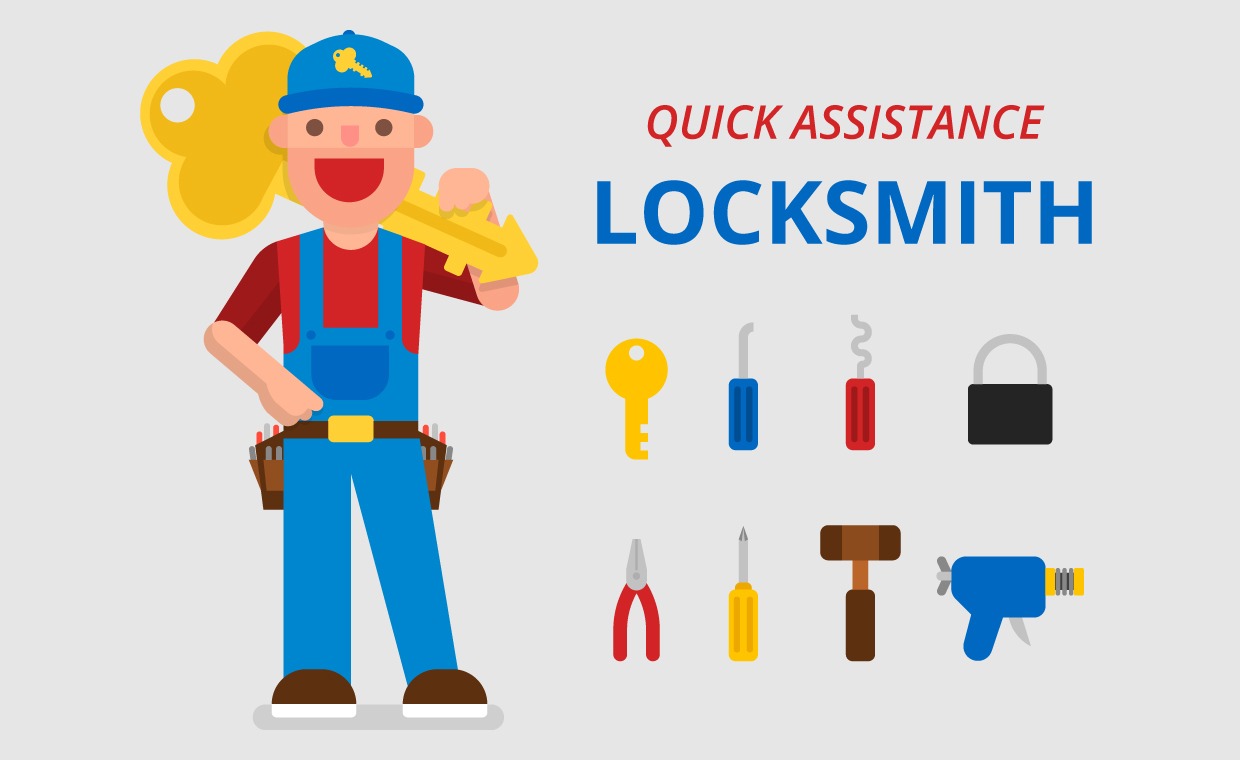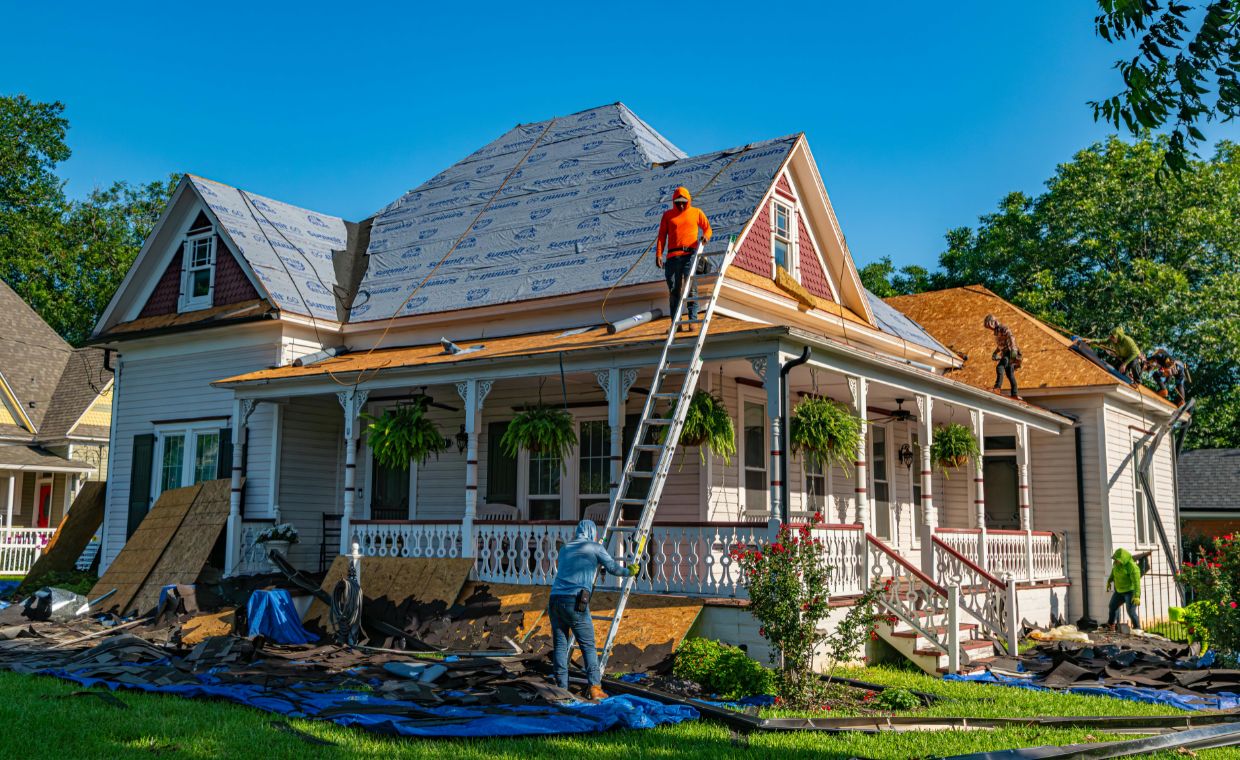
Understanding and executing pre-emptive actions is critical to protecting individuals and communities in the face of rising natural disasters. It is important to follow necessary precautions because cyclones, with their high winds and torrential downpour can cause widespread devastation. Natural disasters such as cyclones are difficult to manage, especially because people are mostly unsure about the safety precautions to be followed during a natural disaster, such as a violent cyclonic storm. However, one can remain ready to combat the scenario with the right information. Gharpedia, in this blog, brings you a guide covering cyclone do’s and don’ts, precautions before the cyclone, safety measures during a cyclone, and post-cyclone measures. But let’s understand what a cyclone is.
What is a Cyclone?

Atmospheric disturbances in a low-pressure area create cyclones. Rapid and frequently destructive air circulation, accompanied by intense storms and inclement weather, are the main features of a cyclone. Henry Piddington coined the word cyclone from the Greek word Cyclos, which means snake coils.
Cyclones arise in locations where there is low pressure. The susceptibility of the area where the cyclone impacts is determined by its geography, strength, and frequency. Cyclones are known by different names depending on the region in which they are generated, such as:
| Name | Region |
| Hurricane | Atlantic and Eastern, Central Pacific oceans |
| Typhoon | Western Pacific Ocean |
| Cyclone | Southwestern Pacific Ocean |
| Tropical Cyclone | Southern Indian Ocean |
| Cyclonic Storm | Northern Indian Ocean |
Now that you have understood what a cyclone is, let’s start with the precautions you must take before it hits your region.
Cyclone Preparedness: Precautions before Cyclone

Cyclone preparedness can help minimise the damage. Follow the below-mentioned points to mitigate the damage:
1. Check with your local building control body to ascertain if your home was built according to cyclone specifications. Ensure that your house is in good structural condition to withstand strong winds.
2. Keep all your doors and windows shut so that the strong winds do not create suction in the home. The suction in most cases causes the roof (A.C. or pre-coated sheets), air conditioner, or roof tiles (Mangalore tiles) to blow away.
3. Make sure your home’s walls and roof are secure.
4. Trim trees and branches near your home.

5. Clear your property of any loose materials that could blow around and cause harm or damage during high winds.
6. Keep your mobile phones, torches, and other gadgets fully charged.
7. Prepare an emergency kit with the following:
- A portable battery radio, a torch, and spare batteries;
- Water containers, dried or canned food, and a can opener
- matches, hurricane lanterns, fuel lamps, portable stoves, cooking equipment, dining utensils, and
- A first aid kit and handbook, window masking tape, and waterproof bags.

8. Create a list of emergency phone numbers.
9. Store important goods, such as food and medications, ahead of time. During an emergency, it is critical to keep non-perishable dry goods on hand.
10. Make provisions for children and adults requiring special diets.
11. Get extra food, especially dried or canned food, and a can opener; also, make provision for items that can be eaten without cooking or require very little preparation. Store drinking water in a suitably covered vessel.
12. Stock up on water as supplies may be disturbed during and after cyclones.

13. Keep your radio on and listen to the latest weather warnings and advisories from your nearest station. Remember to spread only official information or announcements you have heard on the radio.
14. Items like kerosene tins, cans, agricultural implements, garden tools, and road signs can become a weapon of devastation in strong winds. Store them in a safe place. This is an important precaution during a cyclone to minimise damages to your property.
Precautions During Cyclone: Do’s and Don’ts
Here are some precautions to follow during cyclones:
Safety Measures During Cyclones: Do’s
01. Be mindful of the official cyclone warning. Follow the Indian Meteorological Department’s official webpage to stay up-to-date on the latest developments.

02. Stay inside and seek refuge (away from windows) in the strongest area of the building, such as the cellar, interior corridor, or bathroom. Keep your evacuation and emergency packs with you.
03. Turn off the electrical power in your home.
Cyclone brings heavy rainfall with it, electrical precautions must be taken to keep yourselves safe. Follow the below guide:19 Monsoon Electrical Safety: Tips to Prevent Accidents and Fires
04. If your house is around a low-lying beach area, it may be swept away by high tides or storm waves. Make sure you vacate the area before your way to a high ground gets flooded.

05. Keep some wooden boards or asbestos/cement sheet ready so that glass windows can be boarded. If you do not have wooden boards or asbestos/cement sheets, paste paper strips on glasses to prevent splinters from flying into the house.
06. If a weather warning for a storm has been issued well in advance, secure loose tiles by cementing them and repair doors and windows if necessary.

07. If your house is away from high tides and flooding from the river or beach and well-built, indoors is probably the best and safest place to be.
08. Listen to your battery radio for updates. Stay alert for high water levels in areas where streams or rivers may flood due to heavy rains.
09. If your house is situated in one of the evacuation areas of the city, move your valuables and luggage to the upper floors to minimise flood damage.

10. Be calm. Your ability to meet emergencies can inspire and help others.
11.You should remain in a shelter and obey the people in charge until it’s safe to head back home.
12. When driving, pull to a safe distance from the sea, trees, power lines, and streams while using the handbrake. Stay in the vehicle.
13. Do not hesitate if you must evacuate. Move to a residence on higher ground.

Things to Avoid During Cyclones: Don’ts
Here are some points to consider when a cyclone passes through your area:
- Do not fall prey to rumours. Spread only official announcements from the Weather Bureau.
- Don’t leave shelters until informed by the rescue personnel.
- Don’t leave a safer place during a lull. Minor repairs can be carried out.
- Don’t touch any loose or hanging wires from a lamp post. They may be live and result in an electric shock.

- Don’t stand under a tree.
- Don’t park your car/scooter under trees. Also, refrain from parking your vehicles in the basement or in low-lying areas.
- Stay away from disastrous areas unless you must assist someone.
- Do not go outside immediately after the cyclone, since there will be wind gusts from the opposite direction, which may damage your eyes.

By following these cyclone do’s and don’ts, one can ensure maximum safety.
Post Cyclone Measures
Diseases become more prevalent after a cyclone because of stagnant water and flooding. Given that, here are some cyclone precautions you must follow after the cyclone has passed:
- Report the losses to the authorities concerned.
- Inform relatives about the condition of people in the affected area.
- Eat fresh, dry food and keep it away from bugs like flies.

- Before drinking or cooking, bring water to a boil.
- Using disinfectants will help to keep your surroundings clean.

- To prevent sewage backflow, cover the drain openings.
- Remove all debris from your premises.
- Stay within the shelter until you receive sufficient information about the safety of moving outdoors.
- Drive with caution once the cyclone has passed.
Takeaway
Natural catastrophes, such as cyclones, are unpredictable, but cyclone preparedness can help to lessen their damage. Individuals and communities can increase their safety before, during, and after a cyclone by following these instructions. During natural disasters, it is advisable to be calm and not panic. Follow these guidelines to minimise the damage during the cyclone. Share this blog with your friends and family who are most likely to face the storm in the near future.
Read on to learn more about other types of natural disasters:






























